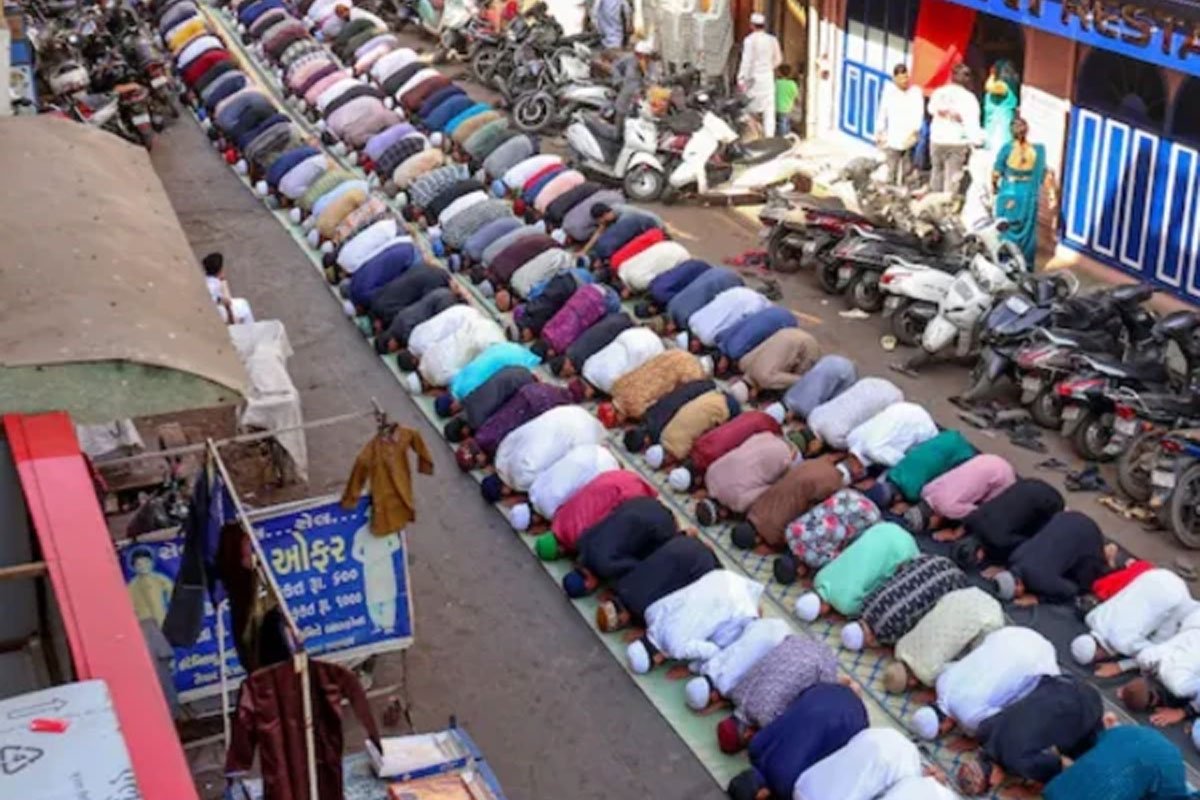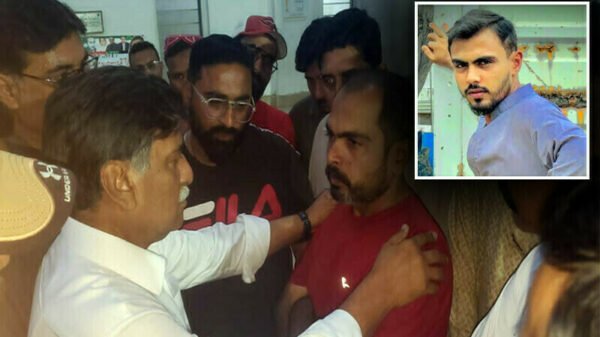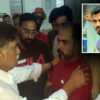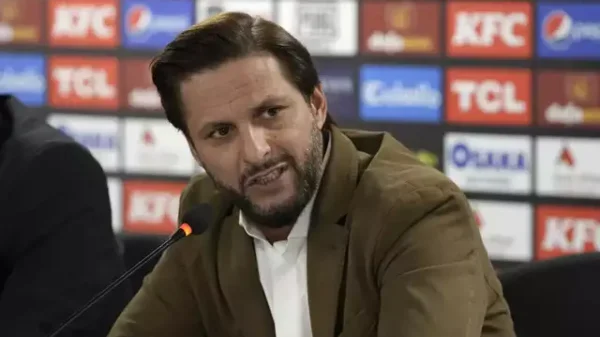Eid Prayers
Authorities in the Indian state of Uttar Pradesh (UP) have imposed a ban on offering Eid ul Fitr prayers on roads, a decision that has sparked widespread criticism from opposition leaders, civil society, and even some members of the ruling coalition. The restriction has raised concerns about religious freedom and has been viewed by many as discriminatory towards the Muslim community.
In the city of Meerut, police officials have issued strict warnings against performing Eid prayers on roads, stating that violators will face legal consequences, including potential cancellation of their passports and driving licenses.
Meerut’s Superintendent of Police (SP), Ayush Vikram Singh, reaffirmed the government’s stance, stating, “Instructions have been given that under no circumstances shall namaz be offered on the road.” He further warned that individuals facing criminal charges may not be able to renew their passports without obtaining a court-issued no-objection certificate (NOC).
The decision has been met with strong opposition from political leaders and activists. The Samajwadi Party’s Member of Parliament (MP), Iqra Hasan, criticized the move, questioning the rationale behind such restrictions. She remarked, “Why is the government so troubled by a 10-minute Eid prayer? They go to the UAE and embrace everyone but impose restrictions at home. Since 2014, the government has only sown hatred.”
News outlet ABP News also raised concerns about the ban, questioning why long religious processions that block roads for weeks are allowed, while a 15-minute Eid prayer, held only twice a year, faces restrictions. Even within Prime Minister Narendra Modi’s ruling coalition, the move has drawn disapproval.
Chirag Paswan, Minister for Food Processing Industries, stated, “I do not agree with this politics. There are bigger issues to address, and we should focus on those instead of constantly discussing Hindu and Muslim divisions.” Similarly, Union Minister and BJP ally Chaudhary Jayant Singh expressed his concerns, referring to the restrictions as a sign of authoritarianism and comparing them to George Orwell’s dystopian novel 1984.
In Sambhal, a district that has seen religious tensions in the past, initial reports suggested that authorities had even prohibited prayers on rooftops, sparking outrage. However, district magistrate Rajendra Pensiya later clarified that the restriction applied only to eight to ten dilapidated rooftops in an Archaeological Survey of India (ASI)-protected zone near the historic Sambhal Shahi Jama Masjid.
Police in UP have also ramped up surveillance to enforce the restrictions. Drone cameras and CCTV systems were deployed to monitor compliance during Friday prayers.
Assistant Superintendent of Police (ASP) Shrish Chandra emphasized that congregational prayers would only be allowed inside mosques and designated Eidgahs. Peace committee members were instructed to ensure that once a mosque reached 70–80% capacity, worshippers would be redirected to other locations to prevent spillover onto roads.
Opposition leaders have continued to speak out against the measures. Samajwadi Party MP Ziaur Rehman Barq criticized the restriction on rooftop prayers, stating, “A person’s terrace is not government property. If someone is not allowed to pray in his own home, where will he go?” Meanwhile, Chandra Shekhar Aazad, an MP from Bijnor, accused UP police of competing to make the most inflammatory statements against Muslims.
He further condemned the threat of passport cancellations, asserting that the police do not have the legal authority to take such action. “At this rate, Muslims will soon need permission even to breathe,” he remarked.
The controversy is not limited to Uttar Pradesh. In the neighboring state of Haryana, the Eid ul Fitr holiday was canceled, drawing further criticism. Assembly member Chaudhary Aftab condemned the move, noting that Eid had been downgraded from a gazetted to a restricted holiday due to the financial year’s end.
The restrictions have fueled growing concerns about religious freedom, government overreach, and the targeting of the Muslim community under the pretext of maintaining law and order. Many view these actions as part of a broader trend of marginalization, sparking debates on the state’s role in upholding constitutional rights and religious harmony.










